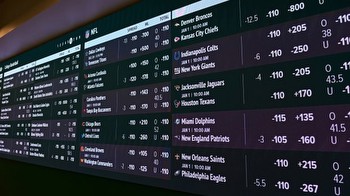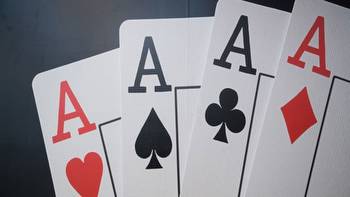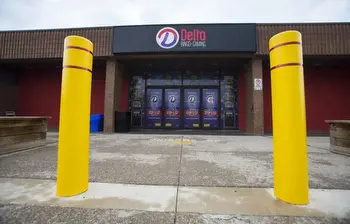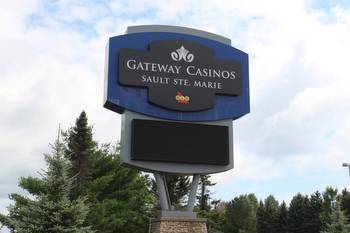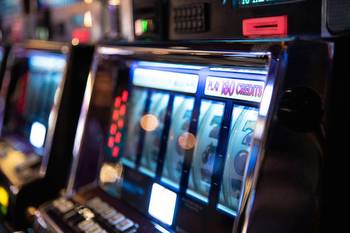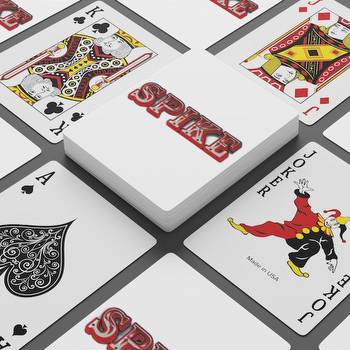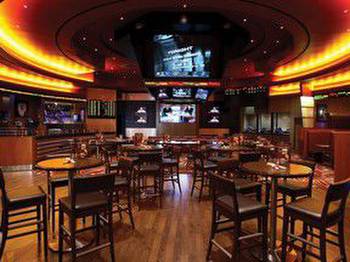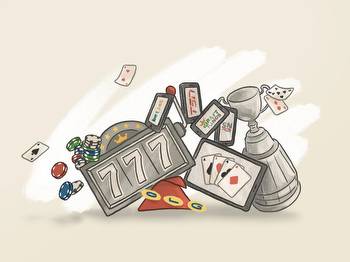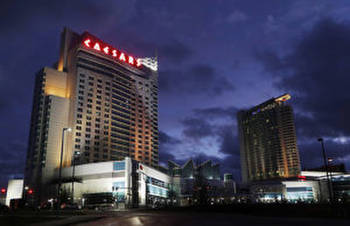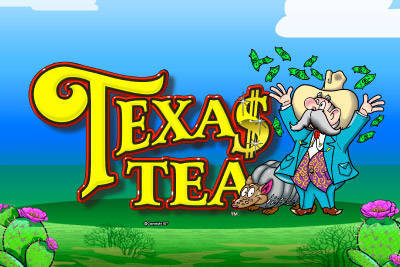We’re a nation of gamblers, by government design. Internet gambling the latest vice to part Ontarians with billions in bets

It’s a thrill this week for Canadian sports fans to have the NHL season open along with the NBA pre-season. The baseball playoffs are under way, the NFL is back and the CFL season is heading for its finale (Go Bombers!).
But there’s a problem. Betting. Who else is sick and tired of Bet365 commercials between every period, inning and quarter? I can’t reach for the remote volume button fast enough.
I started keeping a mental list of the new sports betting sites since Ontario legalized them in April. Besides Gibraltar-based Bet365 (a not-so subtle nudge to bet every day of the year) there are BetRivers, The Score, Sports Interaction, Bodog, DraftKings, FanDuel, and those are the ones I remember.
Vegas is in on the act, too, with Caesar’s Sportsbook and BetMGM which hired Wayne Gretzky among other stars to pitch its games of chance.
Government agency iGaming Ontario (iGO) reported on Wednesday that total wagering in Ontario's fledgling Internet-gambling market — which includes operators offering online sports betting, casino gambling, and poker — drew approximately $6 billion in total wagers for the three months ended Sept. 30. Billion with a “b” – in just three months.
Ontario has 25 OLG casinos, including Thunder Bay’s. There’s a bingo hall in every city and town in the country and usually a lineup at every one of the dozens and dozens of OLG lottery outlets in most communities – 10,000 of them province-wide.
Remember when Wintario was it? That was 1975. Before that there were Irish Sweepstakes tickets sold furtively in barber shops and pool halls. Now there are new games introduced all the time and more scratch tickets than one can possibly keep track of.
Bingo halls are losing ground to casinos and lotteries and Ontario quietly “modernized” 37 of them to be de-facto casinos with rows of betting machines – 2,900 in all – that look and operate like slot machines which are legal only in casinos and at race tracks.
These “one-armed bandits” (before the pull levers were pushed out by buttons) with their quick action and high limits can attract problem gamblers who account for a vastly disproportionate amount of gambling revenues. And so no matter where and how you gamble in Ontario you will hear and see a pitch for the problem gambling helpline.
A study for the province found that only about 10 per cent of problem gamblers wanted help for their problems. Of these individuals, 64 per cent actually sought help.
WE’RE a nation of gamblers and it’s by government design.
Government is addicted to our vices. Last year the LCBO reported income of $2.5 billion on revenue of $7 billion. The government got a $2.4 billion dividend.
By the end of 2021, Ontarians were spending $145 million on legal marijuana. At the start of 2022, Global News reported that retail sales of cannabis in Ontario had added a total of $13.3 billion to Canada’s economy since legalization. The province has also earned about $4 billion in tax revenue.
I’m looking at an online list of 10 weed stores in Thunder Bay but that must be dated. There seems to be a new pot shop in every neighbourhood every other month. What a difference from the wild and crazy ‘60s when walking into a dispensary and plunking down $12 for a gram of AAA weed was a dream. Then, you bought an ounce of street weed for $25. There are 28 grams in an ounce which would cost $336 in today’s dollars.
Annual revenue to the Ontario government from OLG-operated lotteries, casinos and slot machines is running at $8 billion a year.
Every three months in Thunder Bay, local media carry a story about the casino’s quarterly dividend paid to the host city. Usually it runs around $600,000 which means city coffers are enriched by roughly $2.4 million a year.
But that’s just 10 per cent of the casino’s take which means some $24 million is spent gambling every year, money that mostly leaves the community, leaving far worthier expenditures unspent and gambling addicts and their families that much poorer.
Roughly a quarter of Ontario adults participate in gambling on a weekly basis, with lottery purchase being the most common weekly activity. Average total gambling expenditure for gamblers is $91.51 a month, with expenditure being highest for Internet gambling, and casino table games.
It stands to reason that as gambling opportunities increase, so will the number of problem gamblers. There is less money for personal and household expenditures and spending at businesses and donations to charity are reduced.
Given the enormous revenue stream, don’t expect the province to decrease access to games of chance that promise that elusive jackpot if only you can keep betting long enough to win.
Ian Pattison is retired after 50 years of award-winning journalism at The Chronicle-Journal, but still shares his thoughts on current affairs.









